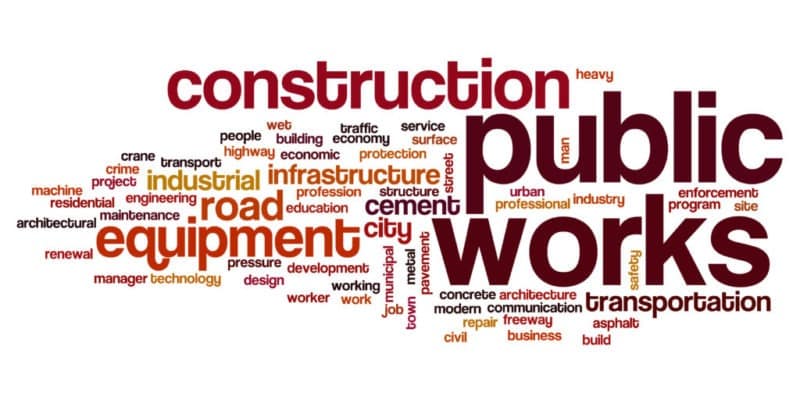AUTHOR – Dana Gentry
PUBLISHED – July 27, 2018
A new ad from Attorney General Adam Laxalt’s gubernatorial campaign alleges his opponent, Steve Sisolak, awarded a public works job to Las Vegas Paving, a union company, for $100 million, over a non-union contractor who bid $4.6 million less.
But construction industry experts contend lower bids generate projects that are too often built on the backs of Nevada workers who are enduring a wave of wage theft on public works jobs. And your tax dollars are fueling it.
“From what I’ve seen, if you point out a project, someone is cheating on it,” says Evangelina Diaz of the Painters’ Union. “It’s crazy out there. It’s a dirty business.”
“It’s the only way the contractor can submit a lower bid. A gallon of paint is going to be the same. Brushes, rollers – materials are going to cost the same. It’s the wages where they can cheat,” Diaz says.
“There is a company, Vision Drywall, that paid over a million dollars years ago in back wages and they are still in business. Then we caught them again and they paid several hundred thousand dollars. That’s just the cost of doing business for them,” Diaz says.
Federal court records indicate Vision Dry Wall entered into a confidential settlement in 2014 with workers who claimed they were intentionally and systematically denied overtime. The Nevada Labor Commission reports eight complaints filed against the company, the last in 2015.
Nevada law requires prevailing wages be paid on public works jobs of $250,000 or more, while all federal jobs of $2,000 or more require prevailing wage.
Las Vegan Guy Bennallack owns a number of construction companies in a variety of trades including painting and roofing, and has contracted on numerous public works jobs.
Bennallack was convicted of 13 counts of tax evasion in 1994. Court records from his failed appeal reveal how far Bennallack was wiling to go to save money by defrauding the government.
“Here, appellant created false documentation to hide his illegal conduct; provided false W-2 forms to his employees for them to prepare false returns; used Southern Distributors as a secret supplier of cash by directing them to issue rebate checks to appellant; evaded detection by instructing Southern Distributors to issue the checks in amounts less than $10,000; maintained two sets of books in order to conceal sales; withheld information from his tax-advisors in order to falsify his returns; withheld invoices from the IRS.”
Today, Bennallack says he has 500 jobs going on at one time. He says cheating employees, who he says are well-versed in the law, would be impossible.
“I’m telling you there’s no way to do that. The penalties are far worse than anything you would ever gain,” he says. Asked what the penalty would be, Bennallack admits workers would be paid the amount they would have legally been due, but likely no more.
A spokeswoman for the state says the Bennallack-owned Painting Company has had two wage and hour complaints and two prevailing wage cases prior to 2012.
The Original Roofing Company, owned by Bennallack, had one wage and hour complaint in 2016.
Nevada’s Labor Commissioner is tasked with ensuring workers are paid fairly, and has an online list of contractors who are prohibited from bidding on prevailing wage projects because of prior violations.
The law allows the Labor Commissioner to assess a $5,000 administrative penalty against wage violators and the discretion to increase it in certain cases.
Contractors who are assessed an administrative penalty by the state may be prohibited from being awarded a public works contract for three years for a first offense and five years for subsequent offenses.
The Attorney General, who is notified of all violations, has the ability to prosecute. Adam Laxalt’s office did not respond to the Current’s request for information on wage theft prosecutions.





